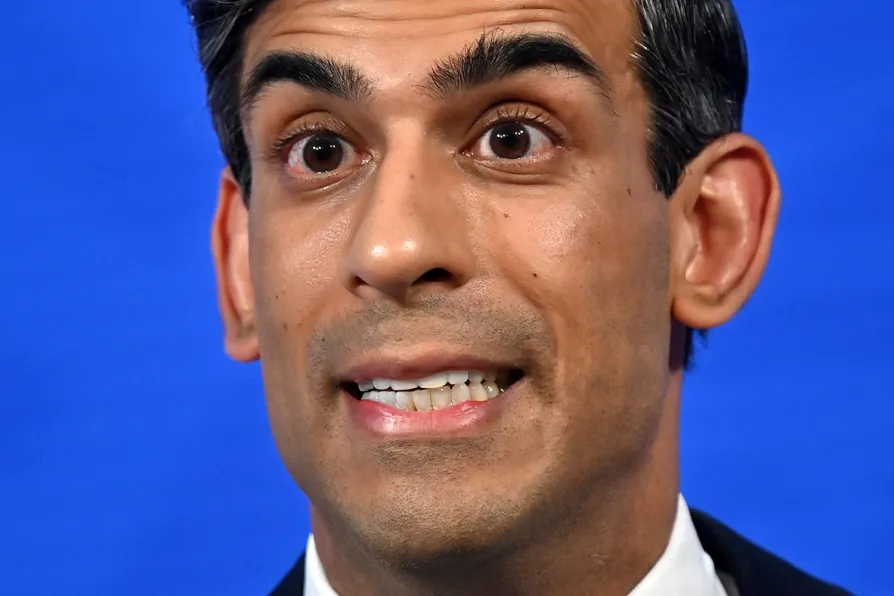Britain in need of an urgent pay rise, trade unions demand as inflation hits new 30-year high

 Chancellor Rishi Sunak speaking at a press conference in Downing Street, London
Chancellor Rishi Sunak speaking at a press conference in Downing Street, London
BRITAIN urgently needs a pay rise, trade union leaders demanded today as inflation hit a new 30-year high, deepening the nation’s “brutal” cost-of-living crisis.
Consumer prices rose by 5.5 per cent in the 12 months to January, up from 5.4 per cent in December, according to the Office for National Statistics (ONS).
This is the highest level seen since March 1992, when inflation stood at 7.1 per cent.
Similar stories

Government must take action, union warns: ‘We can’t go on with billionaires getting ever richer whilst working people suffer’

‘The Bank of England must act decisively and cut rates to get the UK economy back on track,’ IPPR says












